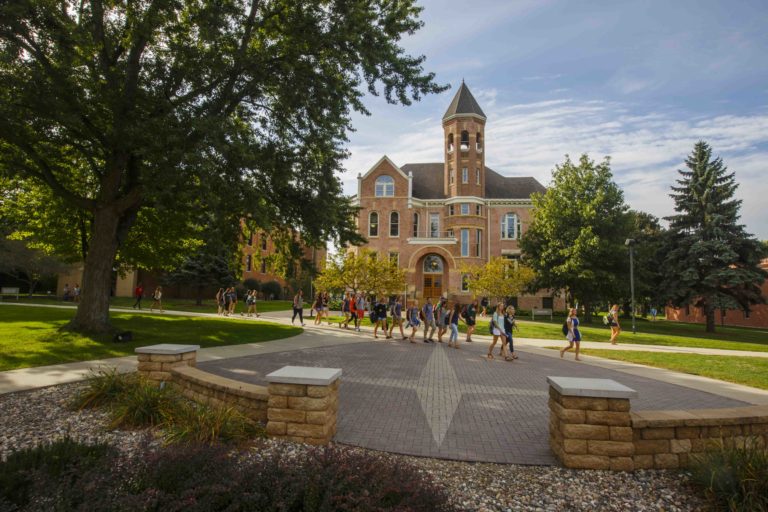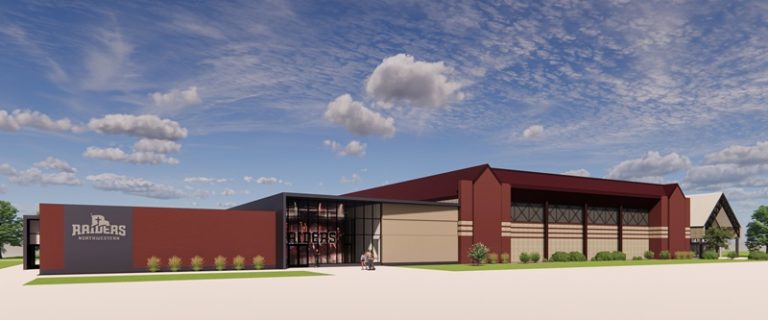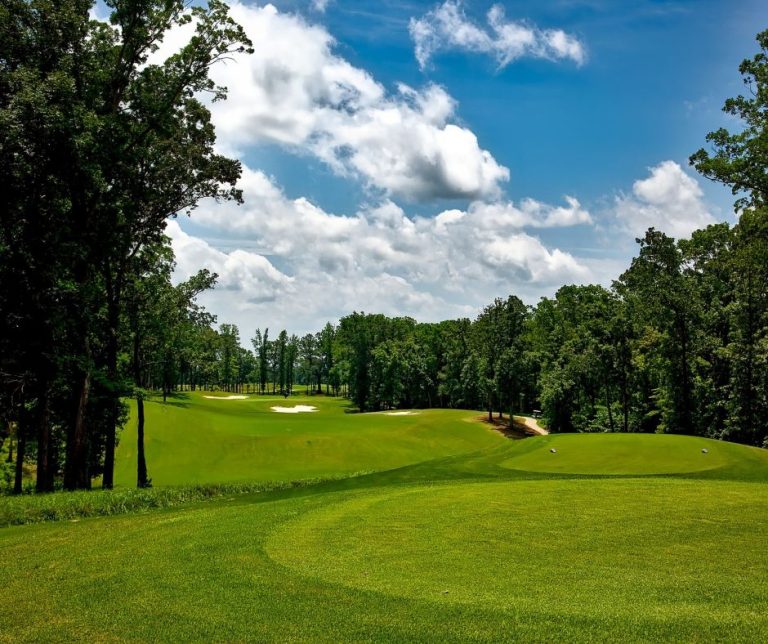Northwest Iowa — The rest of this week is supposed to be quite hot, say weather experts.

The National Weather Service has issued an excessive heat watch for Wednesday morning through Friday evening. They say high temperatures are expected to rise into the mid 90s to 100 Wednesday into Friday. They say overnight lows will only drop into the mid to upper 70s. The extreme heat, combined with rising humidity will lead to heat index values as high as 100 to 110 each day.
Weather Service officials say that an excessive heat watch means that a prolonged period of hot temperatures is expected. The combination of hot temperatures and high humidity will combine to create a dangerous situation in which heat illnesses are possible.
Meteorologist Kyle Weisser says there are ways to beat the heat.

Sioux County Community Health Partners Community Health Services Director Deb VanderPlas gives us some more advice.
She says if you do have to work in the heat, use the buddy system.
VanderPlas advises that if someone has excessive thirst, weakness, headache, nausea and vomiting, muscle cramps, or dizziness, those are signs of heat exhaustion and the person should be moved to an air-conditioned room and should slowly start drinking water. Mayo Clinic experts also advise a cool shower can bring down the core temperature.
Also VanderPlas advises that people should check up on their relatives and neighbors, especially if they’re sick, handicapped, or elderly, or you know they don’t have air conditioning.
In a related vein, the Tree Care Industry Association also advises that trees can help keep buildings and people cool. On hot days, they say some large trees can pull hundreds of gallons of water through their leaves. This water evaporates, keeping the tree and its immediate surroundings cool. They say you should plant deciduous trees on the south and west sides of a building. They say those are the sides where the sun’s rays are most intense. Since deciduous trees lose their leaves in winter, they offer shade during summer but permit the winter sun to provide warmth.
They do say that trees with low branches should not be planted on the southern sides of homes in cold climates because the branches of these trees will block some winter sun.












